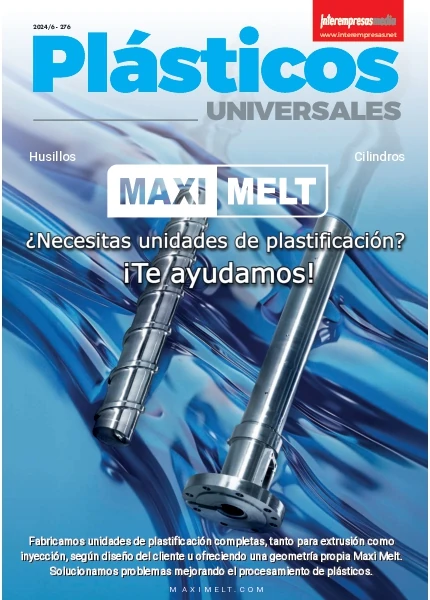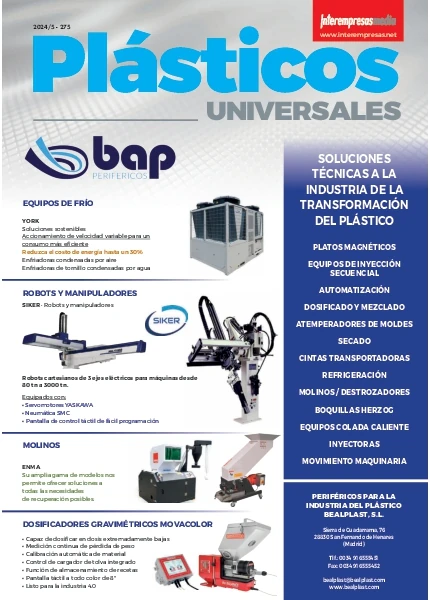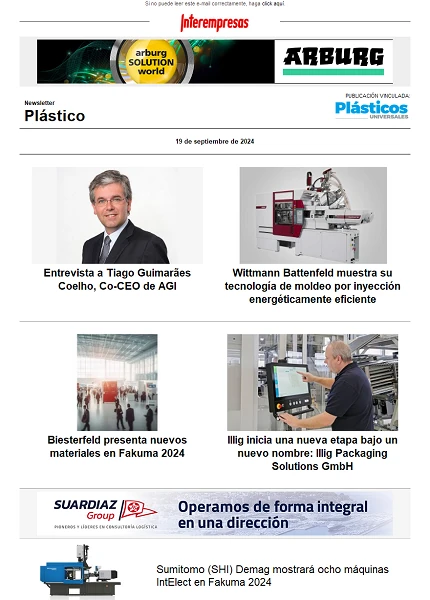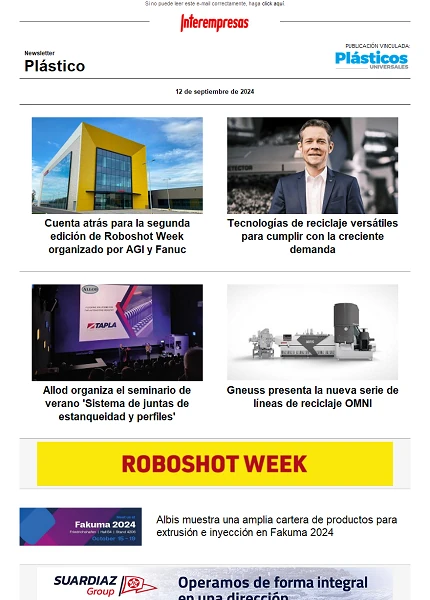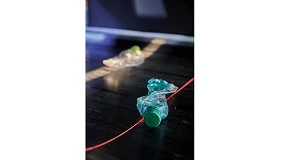Estudio de las tendencias actuales en reciclaje de plásticos
Panorama del reciclaje de plásticos en Europa
Europa produce más de 21 millones de toneladas anuales de residuos de plástico postconsumo, del que sólo el 16,5 por ciento es reciclado. Dentro del mercado de los plásticos, la industria del envase y el embalaje es el mayor consumidor de plásticos de Europa, con una cuota del 37 por ciento (15 millones de toneladas) del mercado de los plásticos.
Los líderes del sector en Europa coinciden en que, aunque el interés de los consumidores por el medio ambiente es alto, los programas gubernamentales son fundamentales para el éxito del reciclaje. En Alemania creció la participación de los consumidores tras el lanzamiento de una campaña del gobierno a favor del reciclaje de plásticos. Muchos países comunitarios han visto aumentar sus niveles de reciclaje tras su incorporación a la UE y su aplicación de la legislación europea sobre este tema.
Las estrictas regulaciones de la directiva europea sobre final de vida útil, que obliga a los fabricantes a asumir más responsabilidades respecto a la transformación de los residuos de sus productos, también han tenido efectos considerables, como por ejemplo las innovaciones de diseño que permiten desmontar y reutilizar más fácilmente los productos al término de su ciclo de vida.

Los expertos del sector consultados coincidieron en que los consumidores están dispuestos a comprar productos hechos con materiales reciclados siempre y cuando tengan el mismo aspecto, tacto y precio que los productos hechos con materiales no reciclados. Sin embargo, muy pocos consumidores están dispuestos a pagar más simplemente porque un envase está hecho con material reciclado.
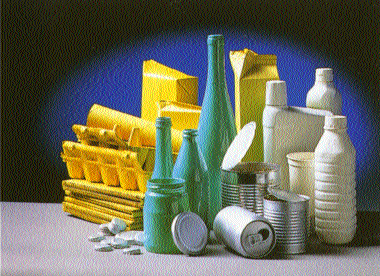
Perspectivas del reciclaje en la UE
Panorama del reciclaje de plásticos en Estados Unidos
En Europa, el reciclaje forma parte de la vida diaria de los consumidores. En Estados Unidos, los consumidores siguen prefiriendo la comodidad al reciclaje. Por otro lado, las empresas no tienen ninguna motivación fuerte para reciclar. En el caso de vidrio y metal, ahora es menos caro y más eficiente utilizar materiales reciclados, en términos de materias primas. Además, el vidrio y el metal se dejan reciclar bien. Pero en el caso de los plásticos, que aún hay que separar manualmente, el proceso de reciclaje es caro y lleva mucho tiempo. Como el negocio de reciclar no da grandes beneficios, las empresas encuentran pocos incentivos para reciclar.
Sin embargo, sí se ha producido una tendencia creciente a favor de la 'sostenibilidad', que es el esfuerzo de garantizar que el ciclo de vida de un producto no destruya la fuente de la que se obtiene el producto ni el medio ambiente. Para los plásticos, esto significa que los líderes del sector deberían considerar el impacto medioambiental de las prácticas de producción, el uso de recursos renovables, la minimización general de recursos y, sobre todo, el reciclaje al término del ciclo de vida del producto.
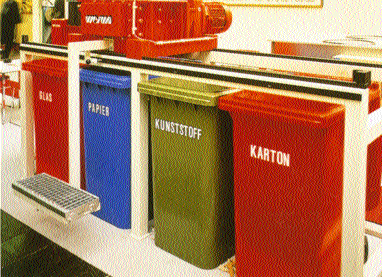
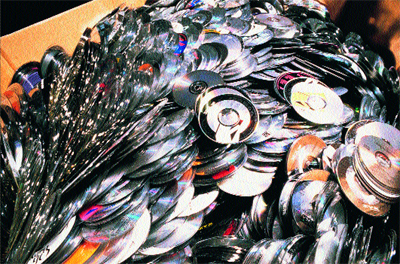
A pesar del aumento de los niveles de reciclaje debido a las legislaciones gubernamentales, el reciclaje de los plásticos sigue encontrando obstáculos. La mayoría de las plantas de reciclaje deben proceder a una cuidadosa separación manual de los plásticos porque las distintas propiedades de cada polímero requieren distintas técnicas de reciclado. La UE ha puesto en marcha 'Novpol', una iniciativa de investigación que se ha emprendido en varios países europeos con ánimo de crear un sistema de reciclado que pueda reciclar una mezcla de un mínimo de cinco polímeros diferentes.
El proyecto Novpol tiene previsto finalizar en verano de 2007. Si se logra el objetivo, las plantas de reciclaje podrán aumentar la velocidad a la que transforman los plásticos, lo que haría más económico y eficiente el reciclaje de estos materiales.
Alternativas de bioplásticos en Estados Unidos
Sin embargo, fuera de California, la mayoría de los consumidores no conocen las opciones basadas en biomateriales y no entienden el concepto. Además, en el marco de la sostenibilidad se ha visto que las biorresinas no son automáticamente buenas para el medio ambiente. Si bien son plásticos hechos con un recurso renovable, un punto fundamental de la sostenibilidad, los biomateriales se comercializan como biodegradables y eso sólo es cierto si la basura se somete a compostaje, pero no si va a parar al vertedero. Dado que en Estados Unidos la mayor parte de la basura se elimina en vertederos, muchos de los productos hechos con biomateriales no tienen nunca la oportunidad de biodegradarse. Los bioplásticos tienen potencial para originar en el futuro opciones de fabricación de plástico sostenibles, pero al sector le quedan muchos obstáculos por delante.
Perspectivas del reciclaje en Estados Unidos
Un empujón legislativo dirigido a crear una infraestructura de recogida para reciclaje potenciaría la participación de los consumidores, pero, teniendo en cuenta el clima político actual, los expertos del sector consultados coincidieron en afirmar que era muy poco probable que el gobierno aprobase ninguna ley nueva sobre el tema.
Panorama del reciclaje en China
Existen pocas normativas o políticas especiales para fomentar el desarrollo de la industria del reciclaje. Como en Estados Unidos, sin una motivación de beneficios o una intervención gubernamental, las empresas chinas van a encontrar pocos incentivos para respaldar iniciativas de reciclaje.
Efecto de las importaciones de resinas plásticas
Poder aumentar el reciclaje de plásticos haría a la industria del plástico china mucho menos dependiente de las importaciones. Sin embargo, los líderes del sector coinciden en que aún quedan varios grandes obstáculos que China deberá superar antes de que aumenten los niveles de reciclado.
El más importante es que muy pocos consumidores chinos saben que las empresas nacionales dependen de la importación de unos plásticos que el consumidor podría aportar mediante el reciclaje. Además, la educación sobre temas medioambientales no ha hecho sino empezar en China. Aunque la mayoría de los consumidores están cada vez más interesados por el impacto medioambiental de la industria, hay una falta de concienciación general sobre el reciclaje. Muchos consumidores no pueden distinguir entre los productos que se pueden reciclar y los que no se pueden. La principal motivación para reciclar la dan los programas de recompra que ofrecen una compensación económica al consumidor. A diferencia de Europa, no hay una motivación ecológica fuerte para reciclar.
Como el gobierno no ha puesto en marcha ningún programa de promoción del reciclaje, la educación del consumidor es responsabilidad de las empresas recicladoras que, en China, son en su mayoría pequeñas y medianas empresas. No tienen ni los fondos ni el apoyo técnico para potenciar los esfuerzos de reciclaje y educar sobre temas medioambientales. La tecnología de reciclaje se comparte poco, de manera que los problemas con los residuos de recursos y los nuevos contaminantes que se generan en el proceso de reciclado siguen planteando problemas importantes al sector.

Perspectivas de reciclaje en China
En general, hay una tendencia a la concienciación sobre el impacto que la industria tiene en el entorno, pero la formación del consumidor en China está en pañales. Los consumidores chinos no conocen los productos de plástico reciclado ni tienen ninguna motivación fuerte para reciclar. Sin embargo, la dependencia del sector de los plásticos con respecto a las importaciones de resinas podría espolear a la industria china para incrementar los niveles de reciclaje.
Conclusión
En todos los casos, hay motivación de los consumidores para reciclar. Sin embargo, sin intervención gubernamental, las tendencias de reciclaje no cambiarán. En Europa, los fabricantes aún pueden esperar nuevas leyes sobre reciclaje, pero en Estados Unidos y China, los fabricantes no verán ningún cambio en las tendencias de reciclaje en los próximos cinco años. n
Este informe es el resultado de una iniciativa de investigación conjunta de EMG-Europa, EMG-China y USA Strategies.


